Introduction
Researchers and clinicians widely use the Mini-Mental State Examination (MMSE) to assess cognitive impairment, particularly in older adults. Moreover, Marshal F. Folstein, Susan Folstein, and Paul R. McHugh developed the MMSE in 1975. As a result, it plays a pivotal role in detecting early signs of dementia and Alzheimer’s disease. In this article, we provide a detailed analysis of the MMSE and highlight its key features, administration formats, and practical applications.
Key Features of the Gastrointestinal Quality of Life Index
Purpose and Use
Clinicians and researchers use the MMSE to measure cognitive function across several domains.
Furthermore, it assesses orientation, registration, attention, calculation, recall, language, and visuospatial skills.
Number of Questions
The MMSE features 11 main questions with multiple sub-items, covering diverse cognitive tasks.
Target Population
The MMSE suits adults across all life stages:
Young Adults (18–24 years)
Middle-Aged Adults (25–44 years)
Older Adults (45–64 years)
Seniors (65+ years)
Domains and Sub-domains
The MMSE belongs to the fields of psychiatry and neurology.
Additionally, it touches on subdomains such as mental health and quality of life.
Scoring and Interpretation of Results
The MMSE uses a rating scale to score cognitive function, with a maximum score of 30. The scoring is broken down as follows:
- Orientation (10 points)
- Registration (3 points)
- Attention and Calculation (5 points)
- Recall (3 points)
- Language and Praxis (9 points)
Interpretation of Scores
- 24-30: Normal cognitive function
- 18-23: Mild cognitive impairment
- 0-17: Severe cognitive impairment
Therefore, a score above 25 typically indicates intact cognition.
Languages Available
Researchers can access the MMSE in:
Arabic, English, Mandarin Chinese, Spanish, French, Russian, German, Portuguese, Japanese, Hindi, plus 25+ additional languages.
Clinical Utility and Applications
Screening: Clinicians use the MMSE to detect cognitive impairment early.
Monitoring: They track changes in cognition over time.
Research: Investigators evaluate interventions’ impact on cognitive health.
However, the MMSE does not diagnose specific disorders such as dementia; it serves as a reliable screening tool.
Administration and Accessibility
Time to Complete: Typically 5–10 minutes.
Formats: Paper-based, digital (online), in-person interviews, and phone/video calls.
Consequently, the MMSE adapts easily to various settings and patient needs.
Reliability, Validity, and Limitations
Multiple studies have demonstrated the MMSE’s high reliability (Cronbach’s α = 0.78–0.90) and strong validity. Nevertheless, users should note:
Cultural & Educational Bias
Scores may vary with a person’s education, language, or cultural background.
For instance, individuals with limited formal schooling often record lower scores.
Narrow Clinical Scope
The MMSE does not evaluate psychiatric or behavioral disorders.
Therefore, clinicians should supplement it with other assessments when needed.
Cost and Accessibility
The MMSE requires licensing for use. Accordingly, researchers and clinicians must obtain permission or purchase rights before administering the questionnaire. For further details, visit the official MMSE page.
Related Questionnaires
Mini-Cog
MoCA (Montreal Cognitive Assessment)
Other Versions
MMSE-2: The updated instrument offers refined items and norms.
Frequently Asked Questions (FAQ)
- Who should administer the MMSE?
Trained clinicians or researchers can administer it in any approved format. - How long does scoring take?
You can score the MMSE immediately after administration, since it uses straightforward point assignments. - Can I use the MMSE remotely?
Yes—studies show remote MMSE administrations yield results comparable to in-person testing.
A word from ResRef about Gastrointestinal Quality of Life Index
Overall, the MMSE remains an essential, quick, and reliable tool for assessing cognitive function—especially in older adults. Its broad language availability and flexible administration formats make it invaluable for both clinical practice and research.
Furthermore, clinicians and researchers at ResRef recognize the MMSE’s enduring global impact. Although this tool provides critical screening data, combining it with other diagnostic measures ensures a comprehensive view of a patient’s cognitive health.
References
- Folstein MF, Folstein SE, McHugh PR. “Mini-mental state”. A practical method for grading the cognitive state of patients for the clinician. J Psychiatr Res. 1975 Nov;12(3):189-98. doi: 10.1016/0022-3956(75)90026-6. PMID: 1202204. Link
- Psychological Assessment Resources, Inc. (PAR, Inc.). Mini-Mental State Examination (MMSE). Link to Product.
- Validation Study: Tombaugh TN, McIntyre NJ. The mini-mental state examination: a comprehensive review. J Am Geriatr Soc. 1992 Sep;40(9):922-35. doi: 10.1111/j.1532-5415.1992.tb01992.x. PMID: 1512391. Link.


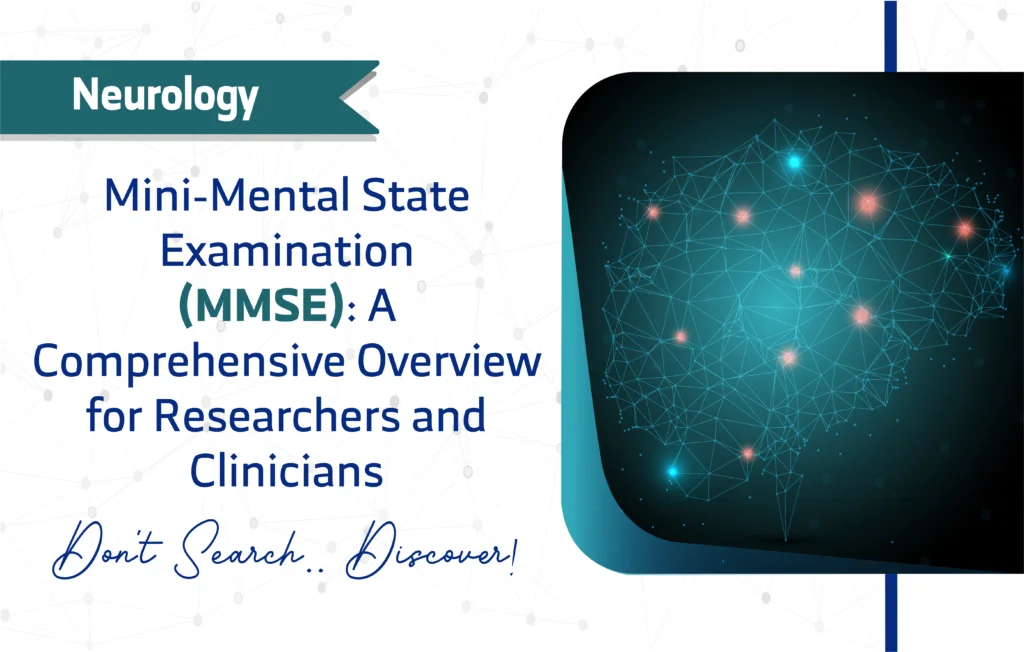
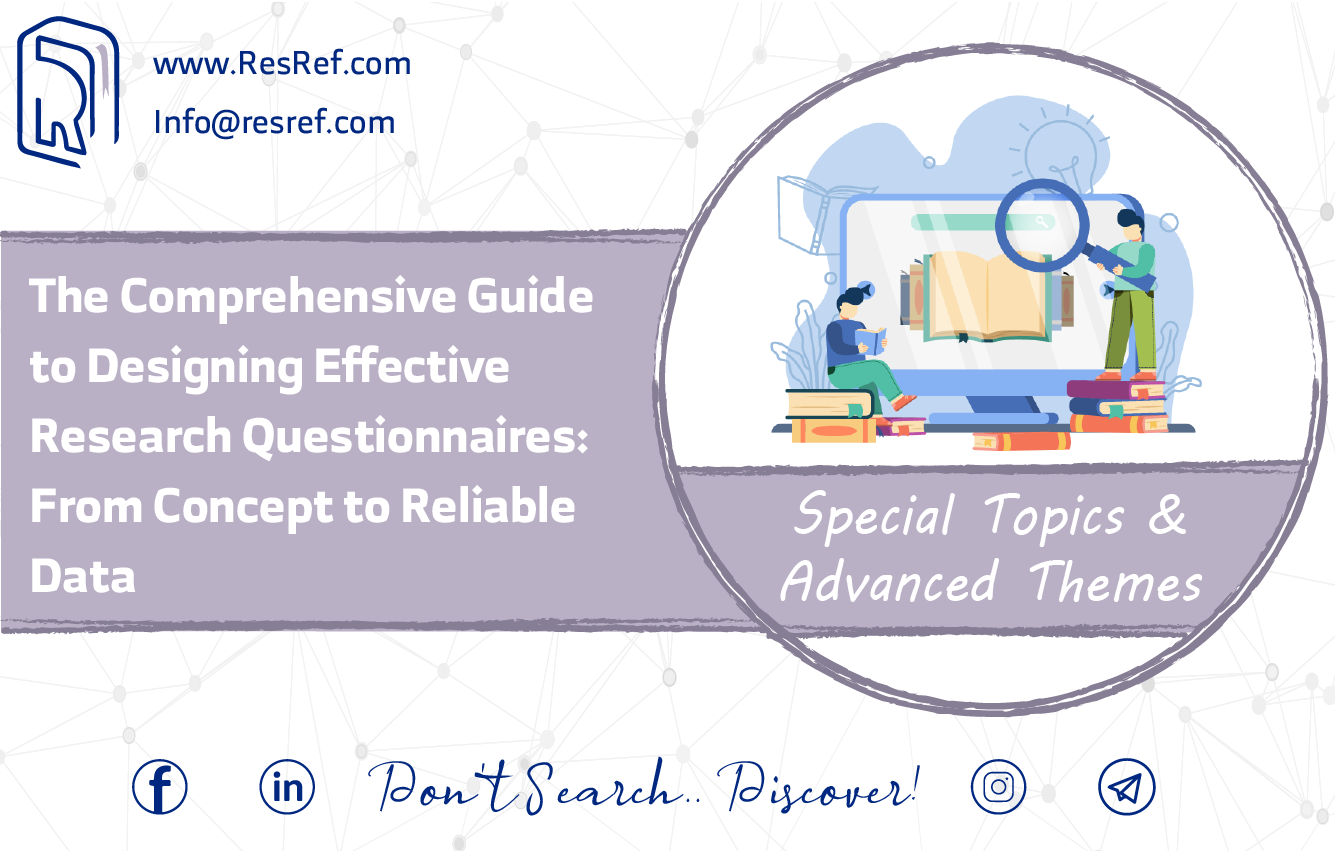
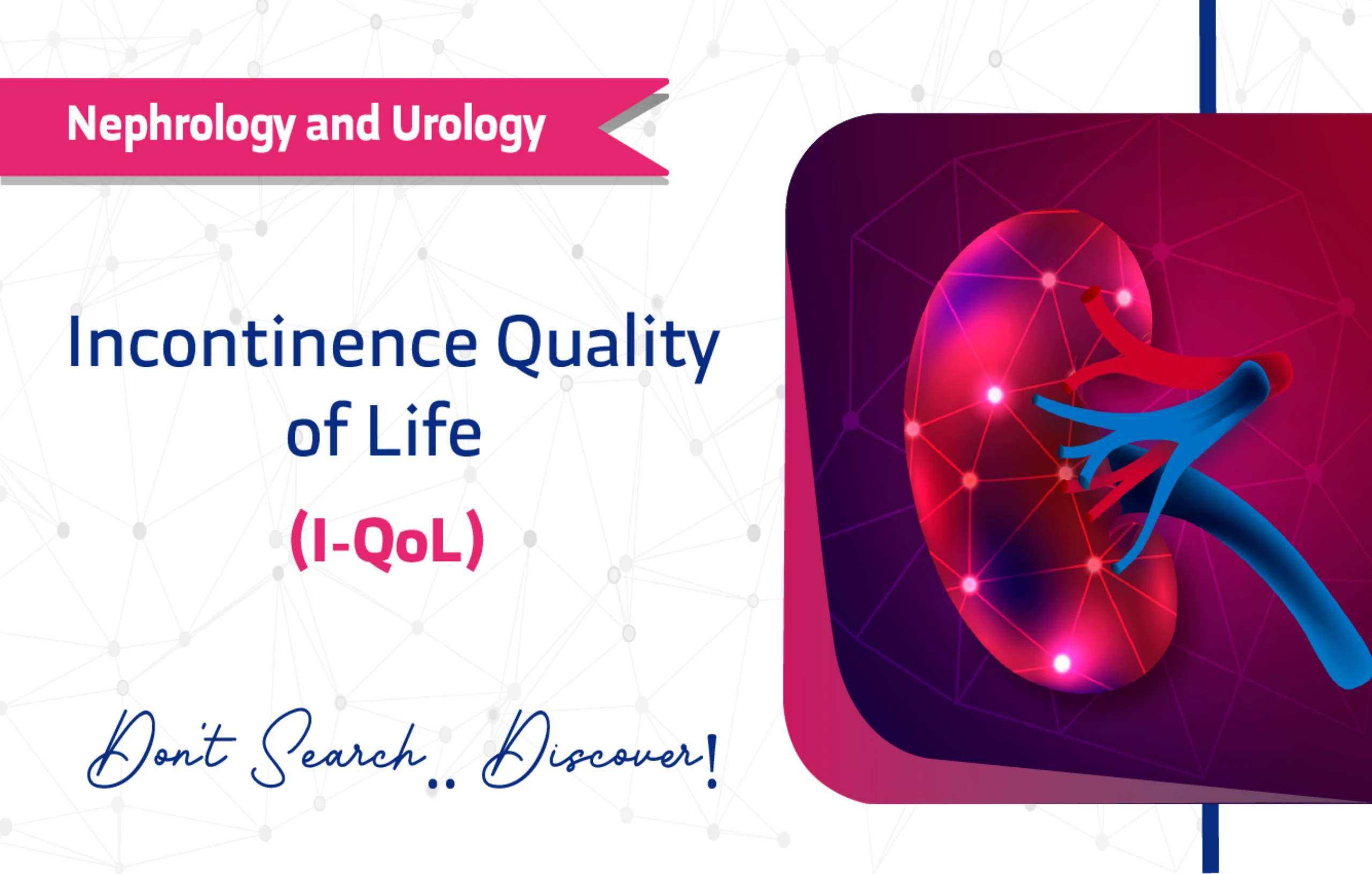
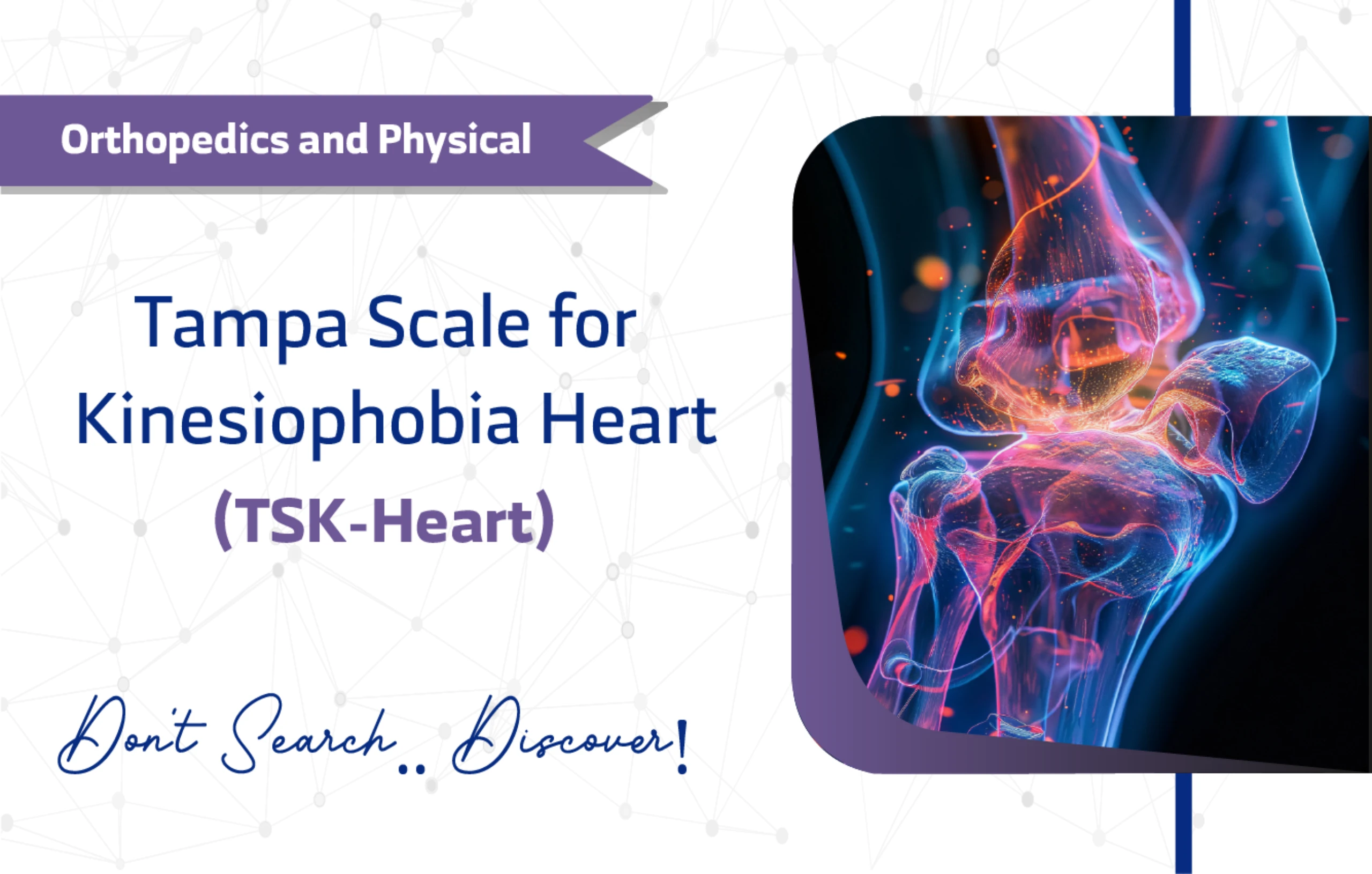

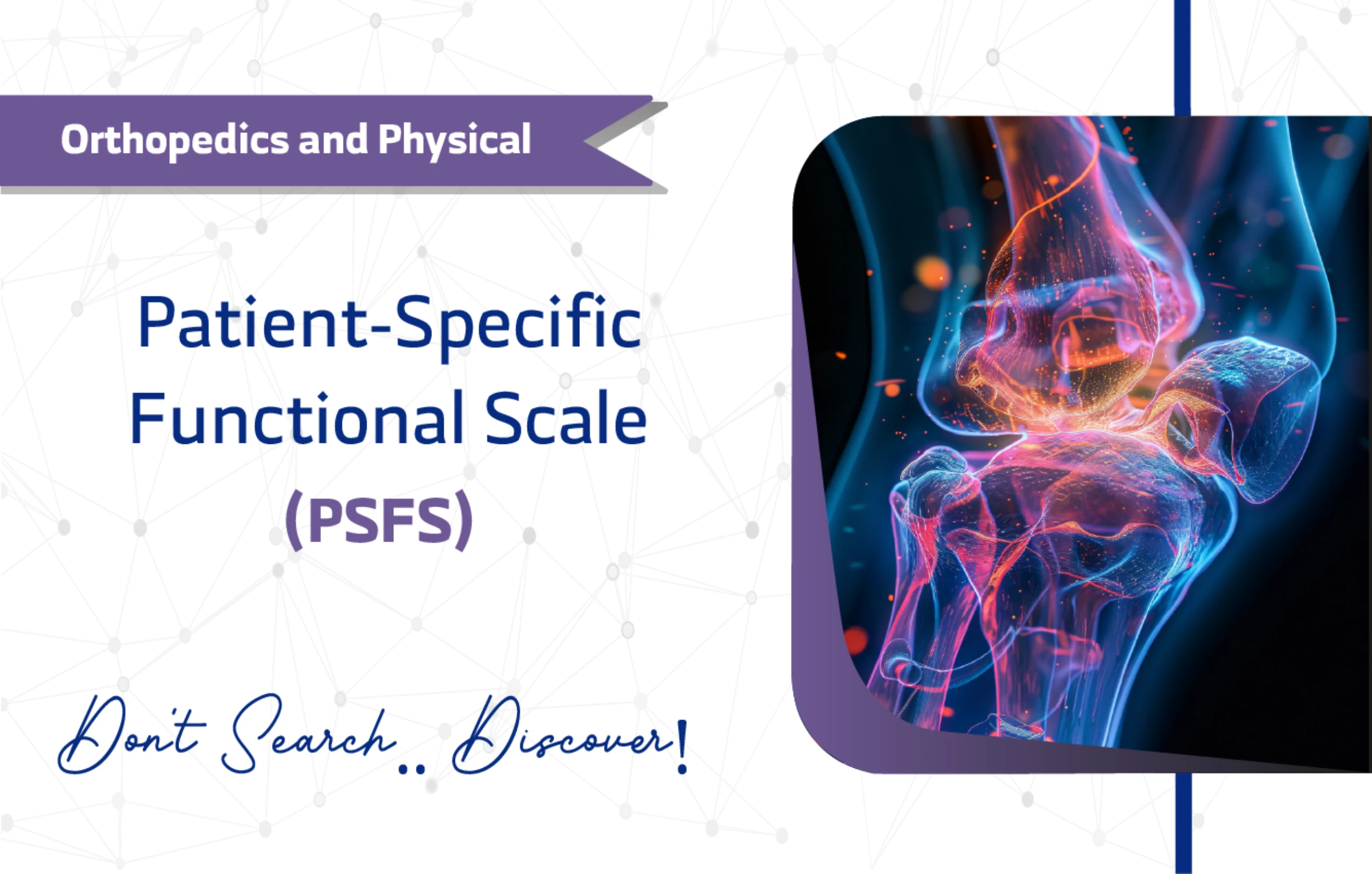
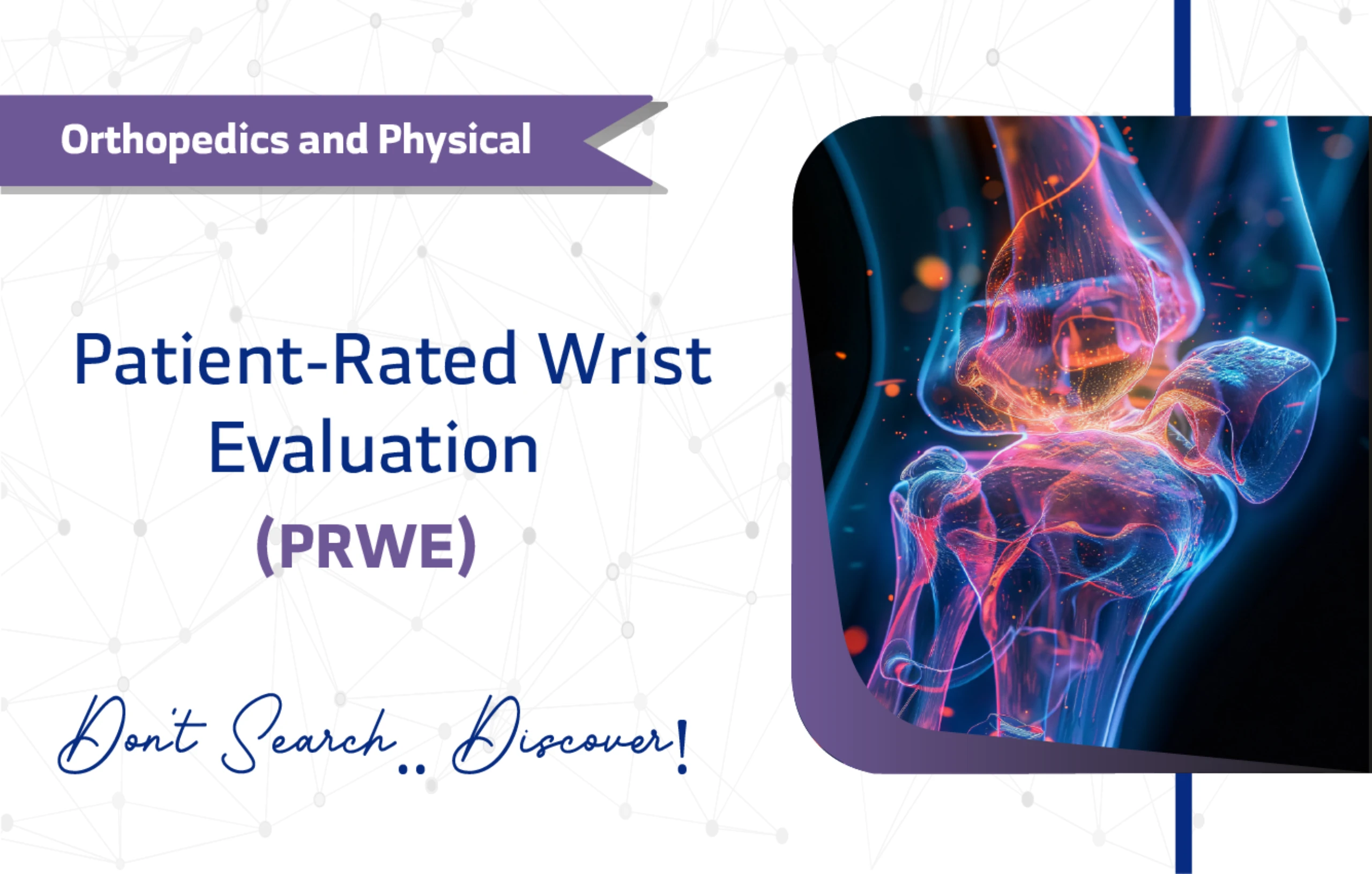
1 thought on “Mini-Mental State Examination (MMSE): A Comprehensive Overview for Researchers and Clinicians”
I finally felt like I understood what I was being asked